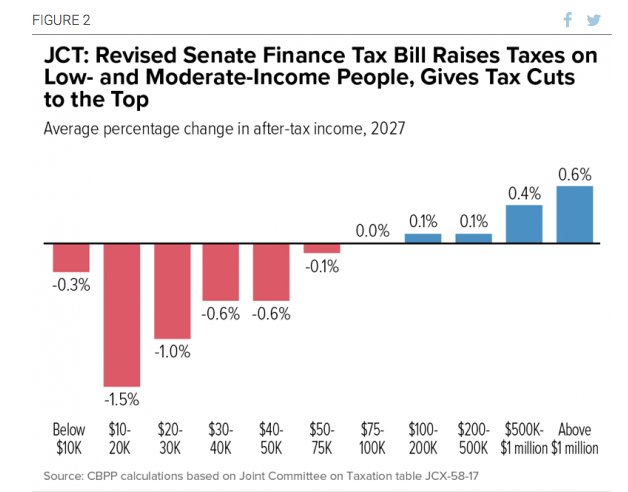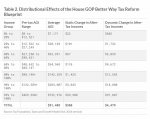- Joined
- Apr 14, 2008
- Messages
- 12,994
- Reaction score
- 5,732
- Location
- Huntsville, AL (USA)
- Gender
- Male
- Political Leaning
- Moderate
Do you move your corporate headquarters and where you are incorporated because of labor costs in factories which don't change due to this transaction. If it takes you more than a second to acknowledge what everyone knows, including secretary Lew who tried to halt inversions you simply don't understand corporate finance.
Did I say U.S. corporations kill their U.S. business and start over by incorporating abroad? No, I did not.
I insinuated they incorporate overseas due to high labor cost. Don't get it twisted. Doesn't mean they pull up stakes completely in the U.S. Just means they don't expand here as much, if at all, and instead open new factories/office space abroad.
Major U.S. corporations don't abandon the U.S. market completely unless they've been run out of the U.S. due to some significant legal problem OR their U.S. market dries up and they find new life abroad. Consider Hollywood Video now doing quite well in Australia or Woolworth which left the U.S. decades ago but is doing quite well in Europe today.
Last edited:


